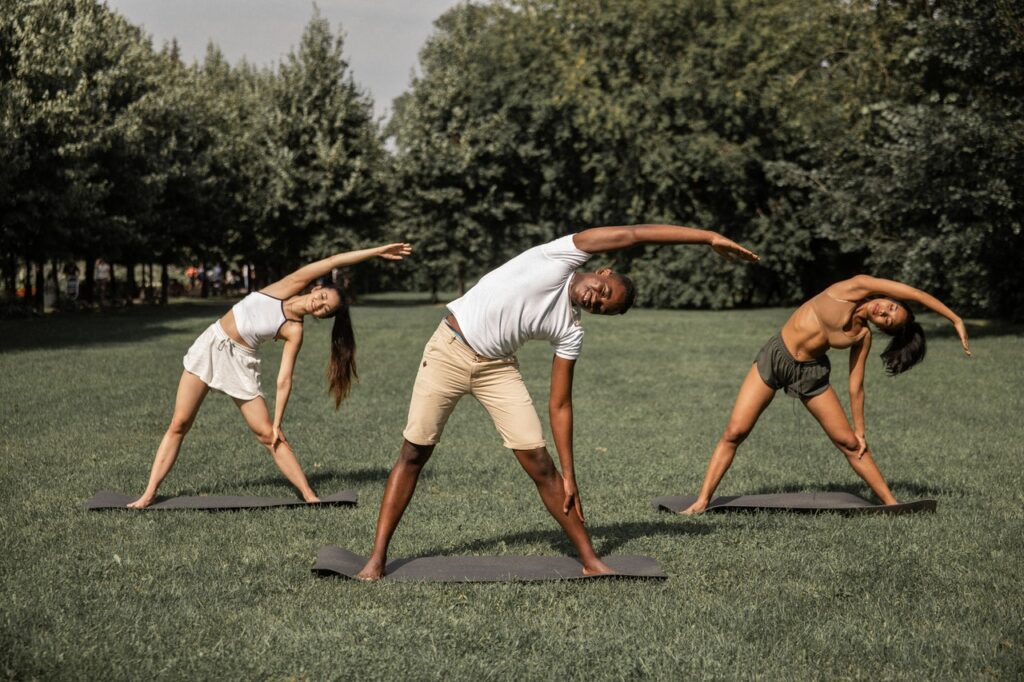How Exercise Can Benefit Your Mental Health

Written by Amanda Edwards, PT, DPT, CSCS
We often read about the physical benefits of exercise, but we overlook the importance of what exercise can do for our brain as well. In this post, we will dive in on how exercise can improve your mood, quality of life and how to implement it into your daily routine.
Improves anxiety, stress, and depression
A numerous amount of evidence has demonstrated that exercise may improve our mood, alertness, concentration and even our sleep patterns. In 2019, an analysis out of King’s College in London examined over 40 studies that followed more than 267,000 people who participated in regular physical activity. They found that regular physical activity decreased the chances that someone would experience depression by anywhere from 17% to 41%. This was found in all ages, genders, and various modes of exercise.

Quality of Life
Participating with a partner or a group allows you to connect with others with the same interests. Research has shown that isolation can contribute to depression and anxiety. Exercising with a group of people promotes connection and belonging. You are also more likely to stick with in exercise routine if someone else is holding you accountable to join them.
How much is enough?
According to the National Institute of Health (NIH), we see improvements in depression and anxiety if we exercise at least 150 minutes/week or just 75 minutes of vigorous activity per week.

The Great Outdoors
Studies have indicated the exposure to nature may increase your attention, lower stress and improve your mood. It has also been linked to decreasing risk of psychiatric disorders. Feeling connected to nature can produce similar benefits of well-being, regardless of how much time is spent outdoors. In a research study in Japan, scientists took hundreds of people on walking tours in a forest and measured a variety of bioindicators in the participants related to stress. It was found that being out in the forest (compared to urban walks) can significantly reduce stress levels and decreased both blood pressure and heart rate. Our area has so many great areas to get out in nature, check out a complete list HERE.
How To Start

- Find an activity you enjoy! Whether it’s going a on a hike with a friend or participating in a workout class with a large group of people, make sure
you ENJOY the activity. This will allow you to be more compliant with exercising. - Start SMALL. If you are new to exercise, start with something that is a short time commitment and slowly build from there. If you are new to exercise, starting a program that requires a major time commitment can be overwhelming, unenjoyable and you are more likely not to stick with it.
- Find a group of people, a fitness center, or a personal trainer to find what program would be best for you. Not ready to start with a group? There are many apps/training devices out there. One that it user friendly and free is the Nike Training app, which is great for beginners along with advanced athletes looking to get a cardio or strength workout in.
